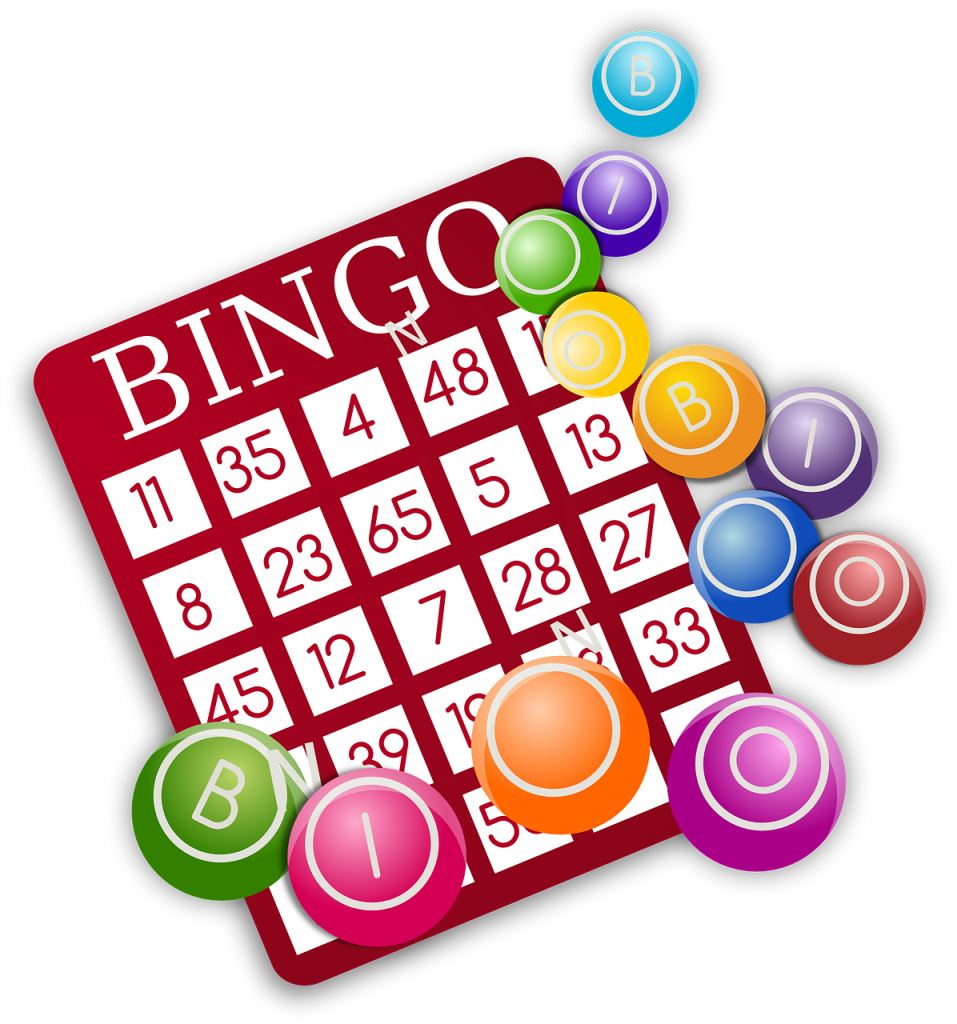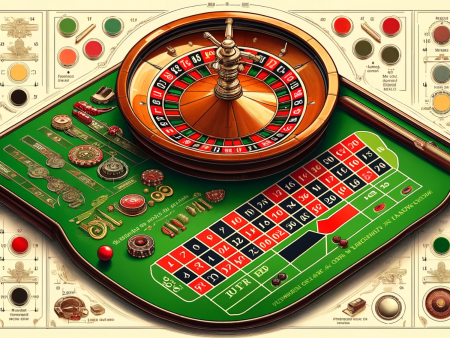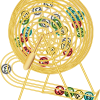Bingo is a popular game of chance known for its simplicity and social nature. Played with numbered cards and a random draw, the game is accessible to all age groups and can be found in various settings worldwide. Whether in community centers, churches, or modern bingo halls, the game remains a favorite pastime for many. Here’s everything you need to know about bingo, including its rules, where it’s played most, and who typically enjoys this game.
UNDERSTANDING THE MOST BASIC RULES
Bingo’s primary objective is straightforward: match the numbers on your card with the numbers called by the host. Here’s how it’s typically played:
Get Your Bingo Card: Each player buys one or more bingo cards. Each card has a grid of numbers.
The Caller Draws Numbers: The game starts when the caller randomly selects numbers. In traditional bingo, this is done with numbered balls from a drum.
Mark Your Numbers: If the number called is on your card, you mark it. In most games, markers or daubers are used.
Winning the Game: To win, you must complete a predetermined pattern on your card. This can be a line, a specific shape, or a ‘full house’ (all the numbers on the card).
Call Out: If you complete the pattern, you must shout “Bingo!” to alert the caller and other players. Your card gets checked, and if all is correct, you are declared the winner.
WHERE IS IT PLAYED THE MOST?
Bingo enjoys worldwide popularity, but it’s especially prevalent in the following regions:
United Kingdom: Bingo is part of the cultural fabric in the UK. The game is played in dedicated bingo halls and is also a popular online pastime.
United States: From church basements to large-scale bingo halls in casinos, bingo is widely played across the country.
Australia: Known as “Housie” in Australia, bingo is a popular social game played in community halls and clubs.
THE DEMOGRAPHICS- WHO PLAYS TYPICALLY BINGO
Elderly People: Bingo is famously popular among senior citizens. It’s easy to play and great for socializing, making it a staple at retirement homes and senior centers.
Families: Family gatherings and school events often feature bingo because it’s simple enough for children to understand.
Gamblers: While bingo is less competitive than other gambling games, it still attracts those who enjoy gambling. Bingo halls often offer substantial cash prizes.
Online Players: With the rise of digital gaming, online bingo has become popular among younger audiences who appreciate the convenience of playing from home.
THE REASONS TO PLAY
Social Interaction: Bingo halls are social hubs. People enjoy the camaraderie and the chance to meet new friends.
Ease of Play: The rules are simple, and no strategy is involved, making it accessible to everyone.
Excitement of Luck: The thrill of being one number away from calling bingo brings excitement to many.
Affordability: Playing bingo is generally inexpensive, which makes it accessible to people on a budget.

TIPS FOR PLAYING BINGO
- Stay Alert: Keep your focus, listen carefully to the caller, and mark your numbers promptly.
- Play Multiple Cards: The more cards you play, the better your chances of winning. Just make sure you can manage them all.
- Learn the Patterns: Familiarize yourself with the different patterns used in your bingo hall to avoid missing a potential win.
- Choose Less Crowded Games: Fewer players mean less competition for the prize.
- Enjoy the Experience: Remember, bingo is as much about the social experience as it is about winning.
Bingo remains a beloved game around the world because of its simple pleasure and social nature. Whether you’re in a traditional bingo hall in the UK, a church event in the US, or playing online from anywhere in the world, bingo offers universal appeal that transcends age and culture. As a game that fosters community and enjoyment, it’s likely to remain popular for generations to come. Whether you’re playing for fun or for the thrill of the win, bingo offers something for everyone.











